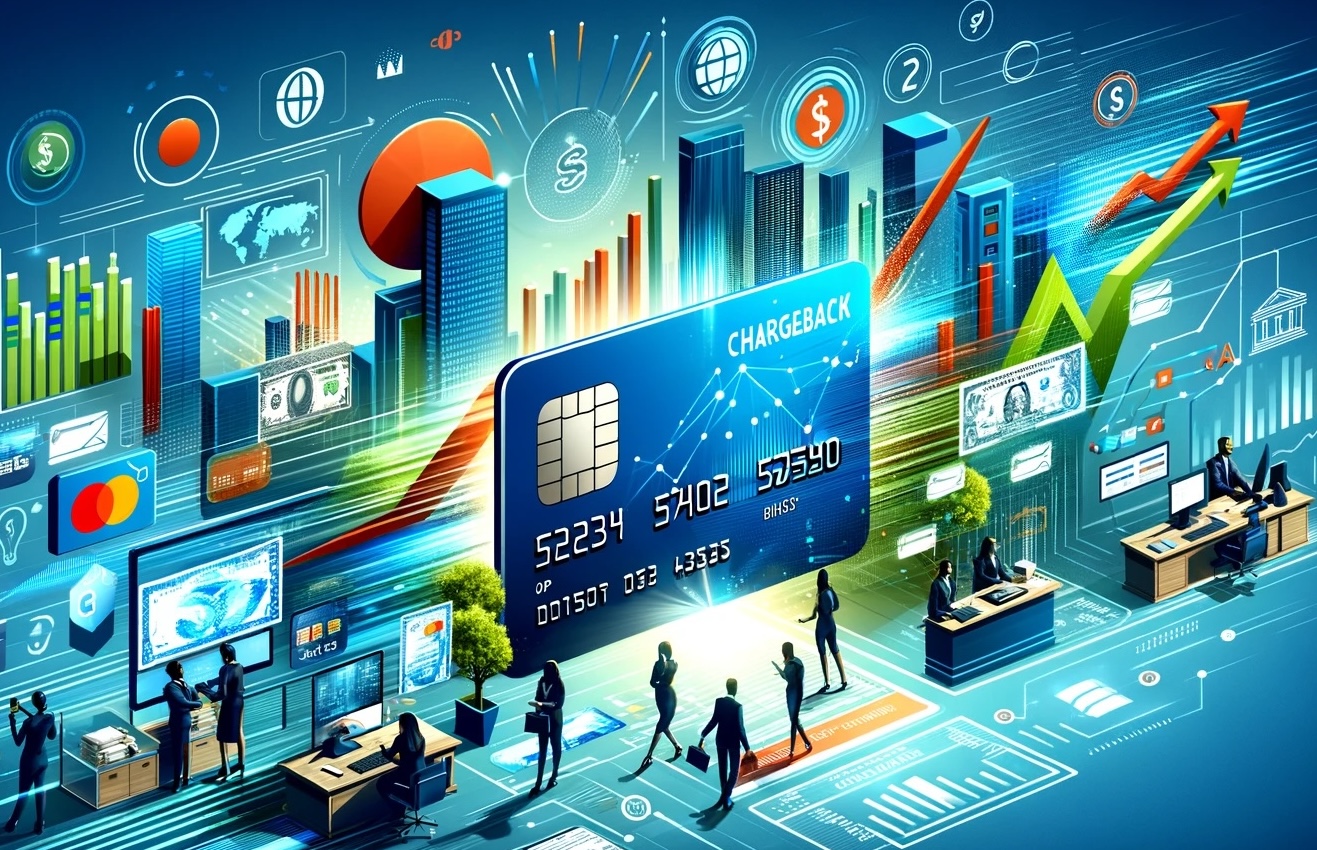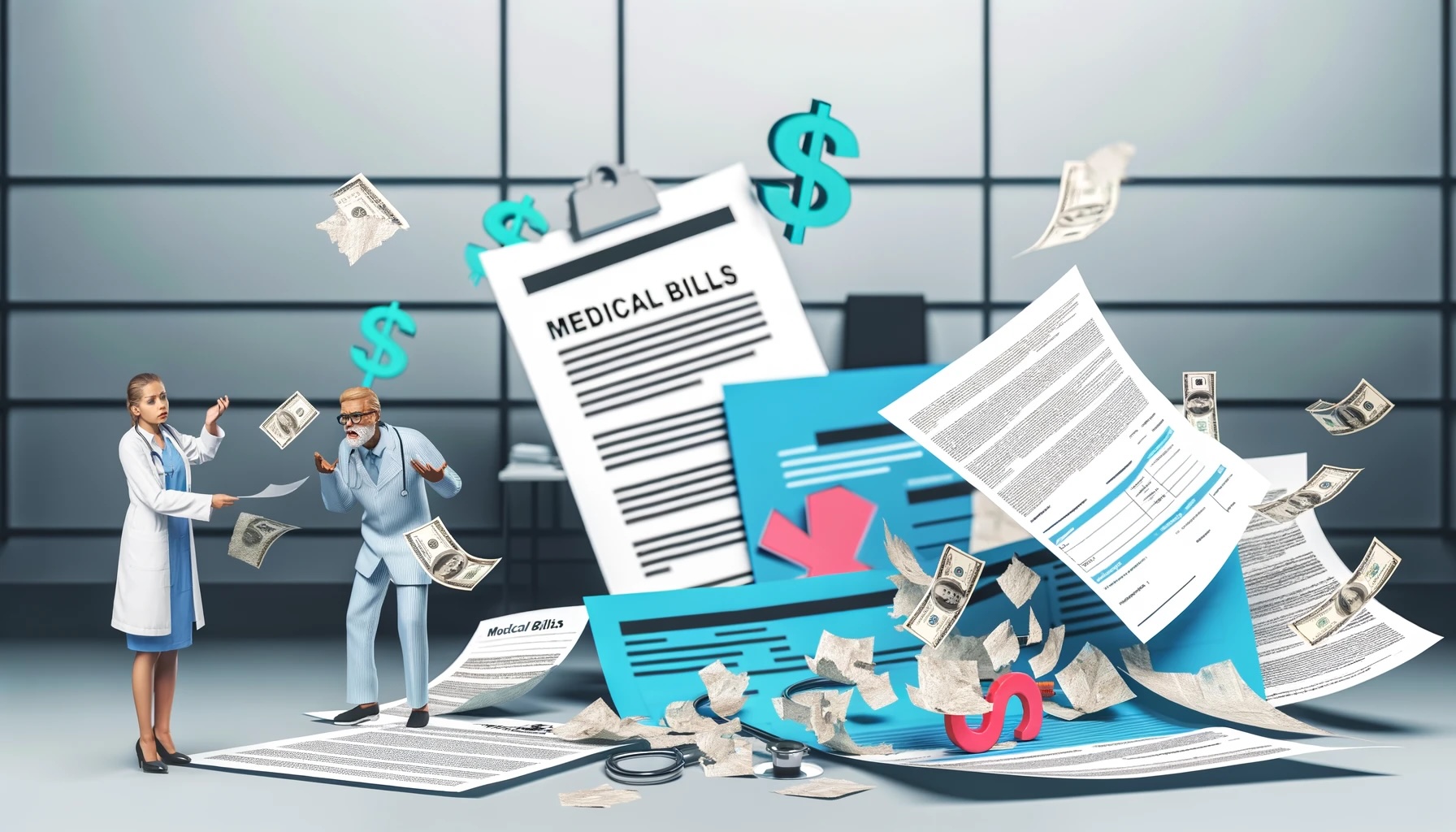As the digital economy expands, chargebacks will remain a vital consumer protection tool. The onus is on financial institutions to adapt to this changing landscape, ensuring that chargeback processes are efficient, transparent, and aligned with the evolving needs and expectations of consumers.
In an era where regulatory scrutiny over the banking sector intensifies by the day, digitalization emerges not just as a solution but as a tool for transformation.
In the west we take it for granted that the vast majority of people have internet access. But that is not true in the developing world. For digital payments to take off there we need to develop robust offline payments infrastructure.
Consumer sentiment is changing towards online banking in the UK. We explore the potential reasons why official figures have shown a downward trend in customers willing to recommend their online bank and banking app over the last 4 years, and how the rise in online fraud is a key contributing factor.
With increasingly unaffordable healthcare costs, higher deductible health plans, and confusing medical billing statements, Americans are simply turning away from healthcare. This article will discuss how healthcare affordability and care avoidance are closely linked and how both affect patients, employers, and providers. In addition, it will explain why even patients with insurance are in desperate need of a new financial payment model that addresses the burden of healthcare costs.
Learn how Peter Renton’s fintech podcast drove revenue growth, enhanced global presence, and maintained industry relevance.
Employer-sponsored healthcare spending is at $1.5 trillion but has not yet been impacted much by fintech. Now, is the time for that to change.
The former CEO of Visa, Carl Pascarella, discusses the future of payments and why he decided to invest in lending technology company, LoanPro.
Small business data is more plentiful now than ever before and tech tools are evolving to help fintech lenders meet the challenge.
No More Content










